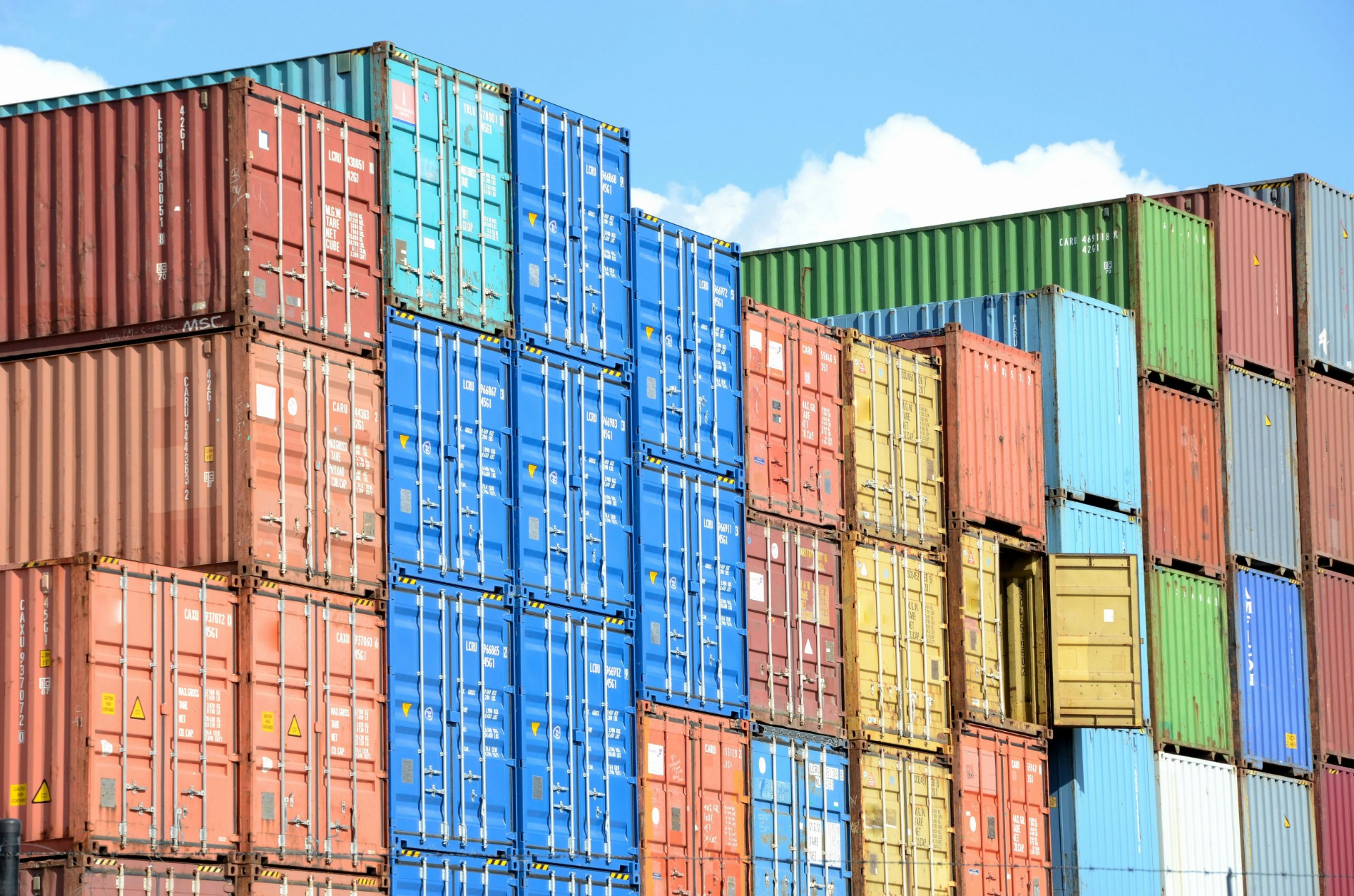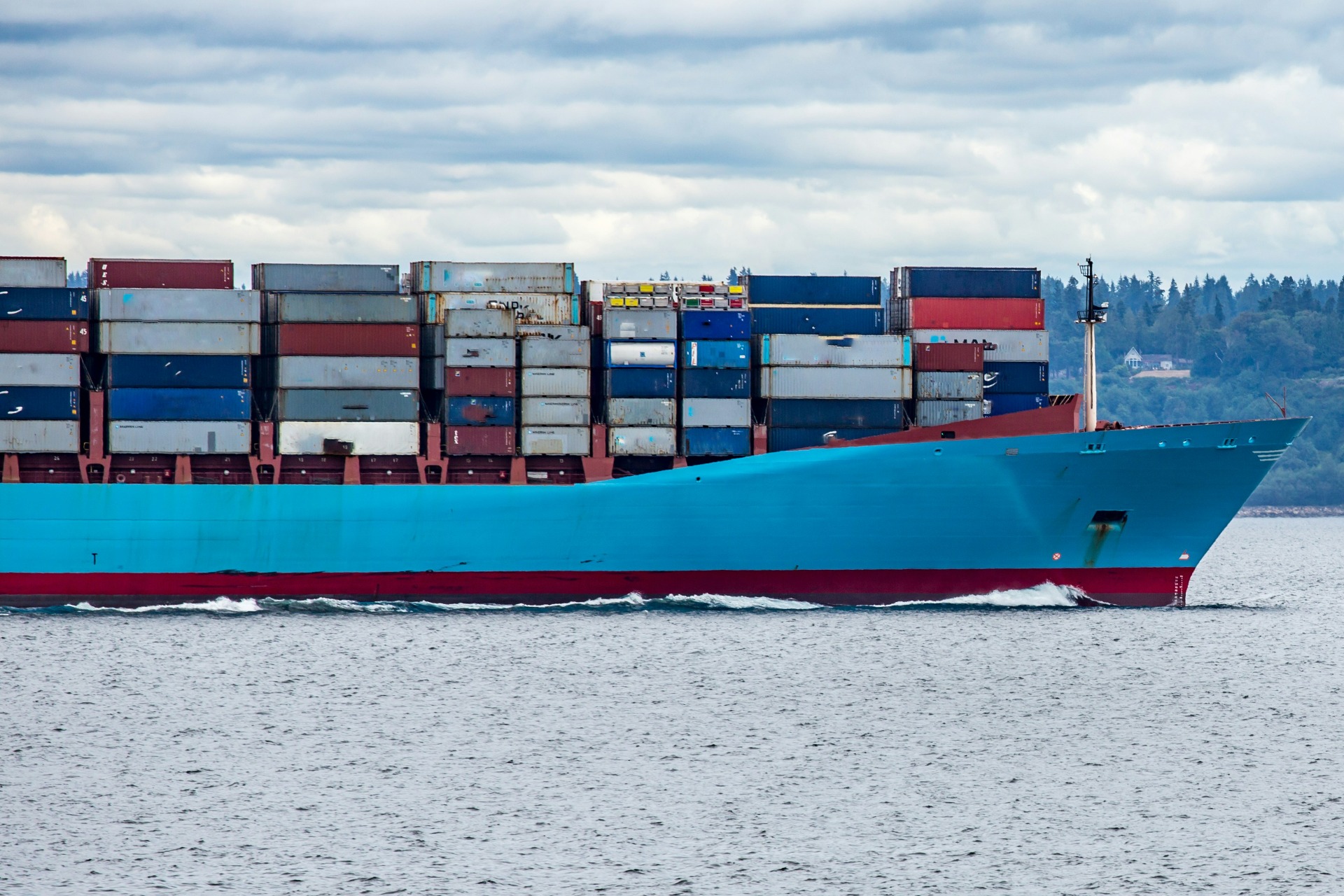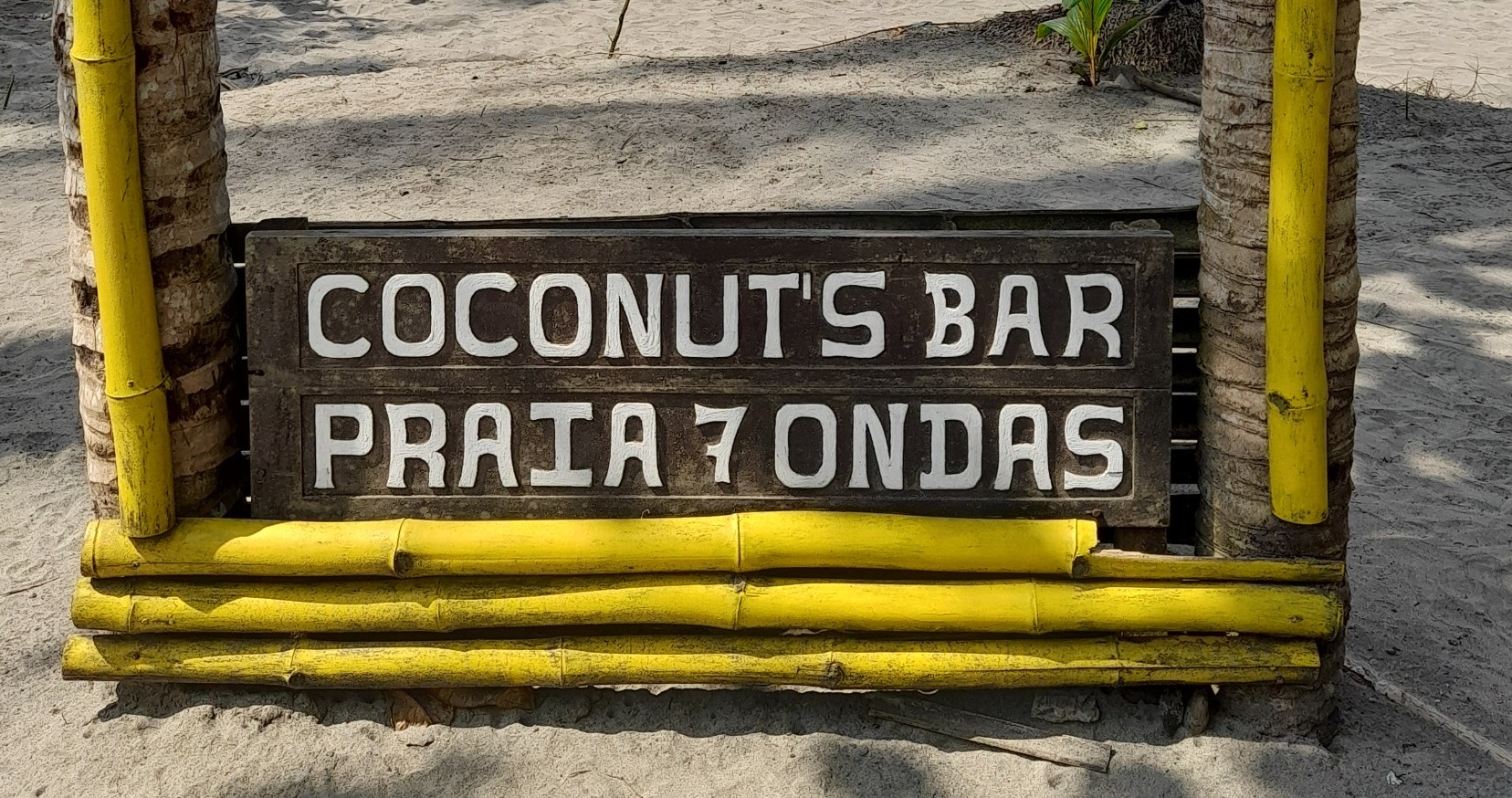
International Treaties and Trade Agreements of São Tomé and Príncipe
São Tomé and Príncipe (STP), a small island nation in the Gulf of Guinea with a population of approximately 232,000 and a GDP of around $670 million as of September 19, 2025, relies heavily on international treaties to bolster its economy. These agreements facilitate foreign investment, reduce trade barriers, and provide market access, crucial for diversifying beyond cocoa exports and tourism. STP's strategic location and recent reforms, including the August 2025 Citizenship by Investment (CBI) program, enhance its appeal. Below, we expand on key treaties, drawing from official sources and recent developments.
Treaties with Portugal
Bilateral Investment Treaty with Portugal (1977)
STP signed a bilateral investment treaty (BIT) with Portugal in 1977, which has been in force since that year. This early agreement adopted principles from the General Agreement on Tariffs and Trade (GATT), emphasizing national treatment—where foreign investors receive the same rights as locals—and most-favored-nation (MFN) status, ensuring STP investors in Portugal benefit from any preferential terms given to third countries. While details are sparse due to its age, it laid the groundwork for economic ties post-STP's 1975 independence from Portugal, focusing on mutual promotion of investments in sectors like agriculture and infrastructure. The treaty reflects historical colonial links, with Portugal remaining a key partner for aid and trade. However, it has been supplemented by later pacts, and its enforcement relies on bilateral mechanisms rather than modern arbitration like ICSID.
Agreement on Mutual Protection of Investments with Portugal (1995)
Building on earlier ties, STP and Portugal signed the Agreement on the Promotion and Mutual Protection of Investments on May 12, 1995. This BIT aims to create favorable conditions for investments by nationals and companies of one party in the other's territory, providing protections against expropriation without fair compensation, ensuring free transfer of profits, and mandating fair and equitable treatment. It incorporates MFN and national treatment clauses, with disputes resolvable through ad hoc arbitration or international bodies. Notably, the treaty has been signed but not yet entered into force, as per UNCTAD records, potentially due to ratification delays. It covers direct and indirect investments, excluding real estate unless linked to business operations. This agreement has facilitated Portuguese investments in STP's tourism and energy sectors, though its non-ratified status limits full legal recourse.
Double Taxation Treaty with Portugal
STP and Portugal concluded a double taxation treaty (DTT) in 2015, which entered into force on September 13, 2017, after ratification. The treaty eliminates double taxation on income and capital, applying to personal and corporate income taxes in both countries, including Portugal's surtaxes. It follows OECD model conventions, with withholding tax rates capped at 10% for dividends (15% if not beneficially owned), 10% for interest, and 10% for royalties. Permanent establishments are defined broadly, and the agreement includes anti-avoidance measures like beneficial ownership tests. This DTT has boosted cross-border investments, particularly in agriculture, by reducing fiscal burdens—e.g., STP's 25% corporate rate and Portugal's 21%—and promoting information exchange to combat evasion.
Bilateral Investment Treaty with Portugal (1977)
STP signed a bilateral investment treaty (BIT) with Portugal in 1977, which has been in force since that year. This early agreement adopted principles from the General Agreement on Tariffs and Trade (GATT), emphasizing national treatment—where foreign investors receive the same rights as locals—and most-favored-nation (MFN) status, ensuring STP investors in Portugal benefit from any preferential terms given to third countries. While details are sparse due to its age, it laid the groundwork for economic ties post-STP's 1975 independence from Portugal, focusing on mutual promotion of investments in sectors like agriculture and infrastructure. The treaty reflects historical colonial links, with Portugal remaining a key partner for aid and trade. However, it has been supplemented by later pacts, and its enforcement relies on bilateral mechanisms rather than modern arbitration like ICSID.
Agreement on Mutual Protection of Investments with Portugal (1995)
Building on earlier ties, STP and Portugal signed the Agreement on the Promotion and Mutual Protection of Investments on May 12, 1995. This BIT aims to create favorable conditions for investments by nationals and companies of one party in the other's territory, providing protections against expropriation without fair compensation, ensuring free transfer of profits, and mandating fair and equitable treatment. It incorporates MFN and national treatment clauses, with disputes resolvable through ad hoc arbitration or international bodies. Notably, the treaty has been signed but not yet entered into force, as per UNCTAD records, potentially due to ratification delays. It covers direct and indirect investments, excluding real estate unless linked to business operations. This agreement has facilitated Portuguese investments in STP's tourism and energy sectors, though its non-ratified status limits full legal recourse.
Double Taxation Treaty with Portugal
STP and Portugal concluded a double taxation treaty (DTT) in 2015, which entered into force on September 13, 2017, after ratification. The treaty eliminates double taxation on income and capital, applying to personal and corporate income taxes in both countries, including Portugal's surtaxes. It follows OECD model conventions, with withholding tax rates capped at 10% for dividends (15% if not beneficially owned), 10% for interest, and 10% for royalties. Permanent establishments are defined broadly, and the agreement includes anti-avoidance measures like beneficial ownership tests. This DTT has boosted cross-border investments, particularly in agriculture, by reducing fiscal burdens—e.g., STP's 25% corporate rate and Portugal's 21%—and promoting information exchange to combat evasion.

.
Privileged Access to EU and USA Markets
STP enjoys privileged market access to the European Union through the Everything But Arms (EBA) initiative under the Generalized Scheme of Preferences (GSP), granting duty-free, quota-free entry for all products except arms. As a least-developed country (LDC) until its recent graduation in December 2024, STP benefited from this scheme, exporting cocoa and fisheries products tariff-free. Post-graduation, transitional arrangements may apply, and STP is negotiating under the Samoa Agreement (successor to Cotonou) for continued ties.
For the USA, STP qualifies under the African Growth and Opportunity Act (AGOA), providing duty-free access for over 6,500 products, including textiles and agriculture, until its potential expiry in 2025. These preferences have supported exports worth millions annually, though utilization remains low due to supply constraints.
Observer Status in the WTO
STP holds observer status in the World Trade Organization (WTO) since January 14, 2005, with its Working Party established on May 26, 2005. This non-member role allows participation in discussions without voting rights, aiding preparation for full accession. The Working Party has yet to convene actively, reflecting slow progress amid domestic reforms. Observer status grants access to WTO technical assistance, helping align STP's trade policies with global standards. As an LDC graduate since December 2024, STP may accelerate accession to secure MFN benefits and dispute resolution.
Membership in the Central African Economic Community (ECCAS/CEEAC)
STP is a founding member of the Economic Community of Central African States (ECCAS/CEEAC), established on October 18, 1983. ECCAS promotes regional integration among 11 members, including Angola, Burundi, Cameroon, Central African Republic, Chad, Congo, DR Congo, Equatorial Guinea, Gabon, Rwanda, and STP. It focuses on economic cooperation, free movement, and a common market, with STP joining to enhance trade ties despite its island status. ECCAS has been active since 1999 after a hiatus, supporting peace and infrastructure projects.
Bilateral Trade Agreements with Angola, Gabon, Nigeria, and Equatorial Guinea
Within ECCAS, STP maintains bilateral trade agreements with Angola, Gabon, Nigeria, and Equatorial Guinea, facilitating tariff reductions and cooperation. With Angola, agreements cover oil imports and joint ventures, given Angola's 59% share of STP's intra-African exports. The 2001 Nigeria-STP Joint Development Zone (JDZ) manages offshore oil, though production is pending. Agreements with Gabon and Equatorial Guinea emphasize fisheries and energy, with Gabon accounting for minor but growing trade. These pacts, often under ECCAS, reduce barriers but face implementation challenges due to STP's small market.
Summary
STP's treaties underscore its outward-oriented strategy, with Portugal as a historical anchor and regional/African pacts fostering integration. Amid 3.1% GDP growth projections and IMF support, these agreements could amplify FDI, but challenges like ratification delays persist. For investors, they offer stability, though consulting APCI is advised for updat

.